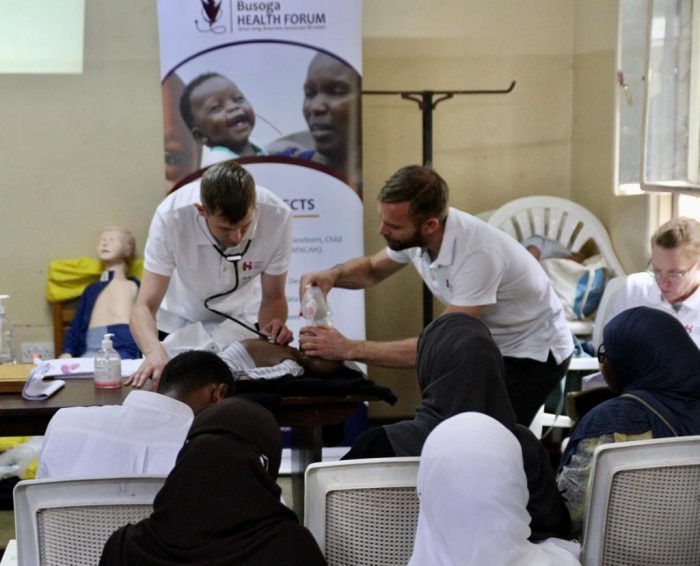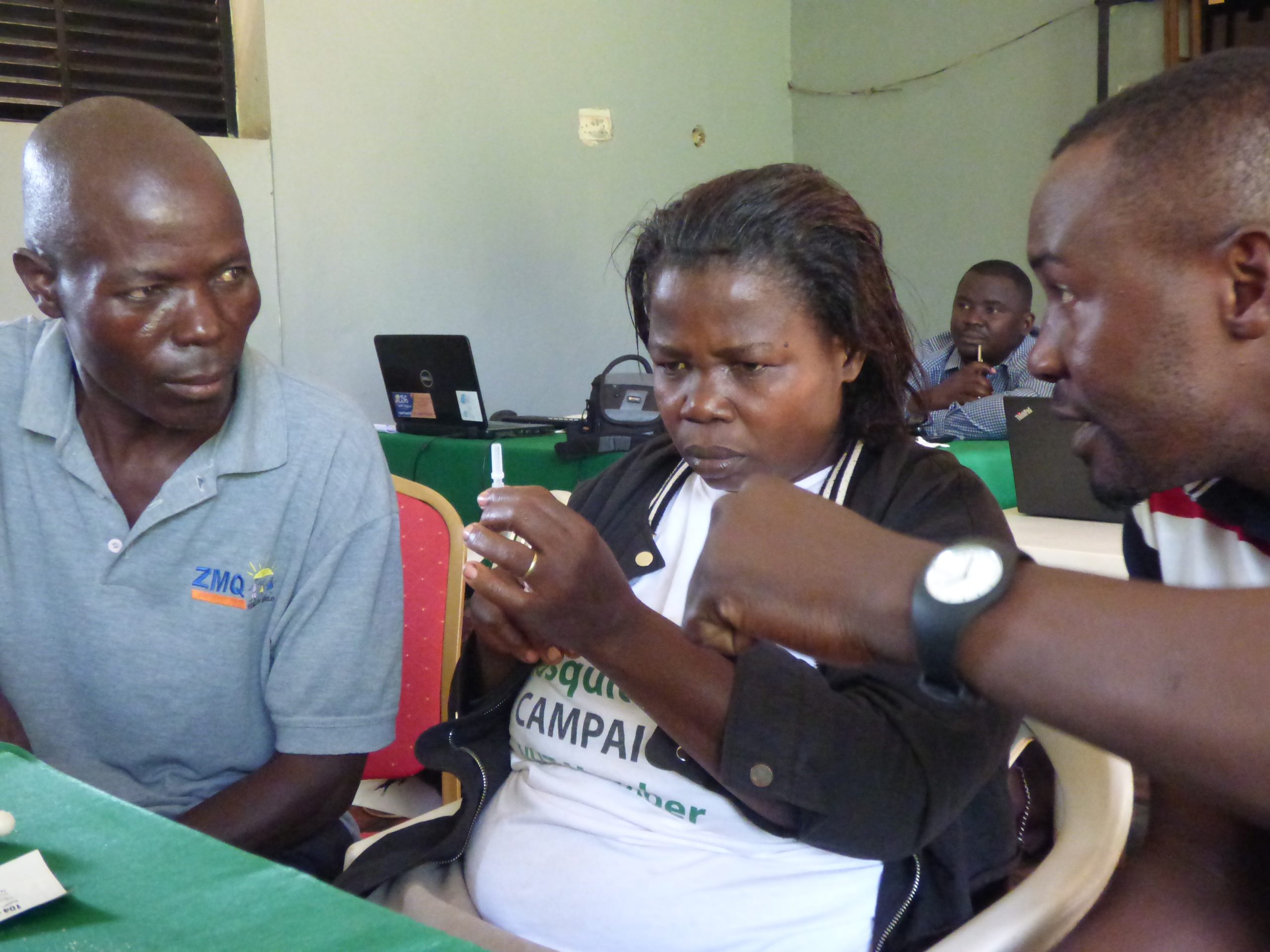
Overview
Urbanization is one of the leading global trends of the 21st century that has a significant impact on health. Over 55% of the world’s population live in urban areas, a proportion that is expected to increase to 68% by 2050. Busoga Health Forum has a unique opportunity to guide urbanization and major urban development trends in a way that protects and promotes health.
That is also because the health and well-being of their citizens is perhaps a city’s most important asset. Yet most of the people living in cities still suffer from inadequate housing, poor sanitation and waste management, and air quality failing WHO guidelines.
Our Approach
Consequently, today’s cities and those of tomorrow are facing a triple health burden: infectious diseases like HIV/AIDS, tuberculosis, pneumonia, dengue, and diarrhoea; non communicable diseases like heart disease, stroke, asthma and other respiratory illnesses, cancers, diabetes and depression; and violence and injuries, including road traffic injuries.
While cities can bring many challenges, they can also bring opportunities for better health, cleaner environment and climate action. Strong urban policies must match those challenges since health is essential for fostering good urban livelihoods, building a productive workforce, creating resilient and vibrant communities, enabling mobility, promoting social interaction, and protecting vulnerable populations.
BHF will mainly focus on preventive and curative service provision as well as building resilient health systems in urban settings.





